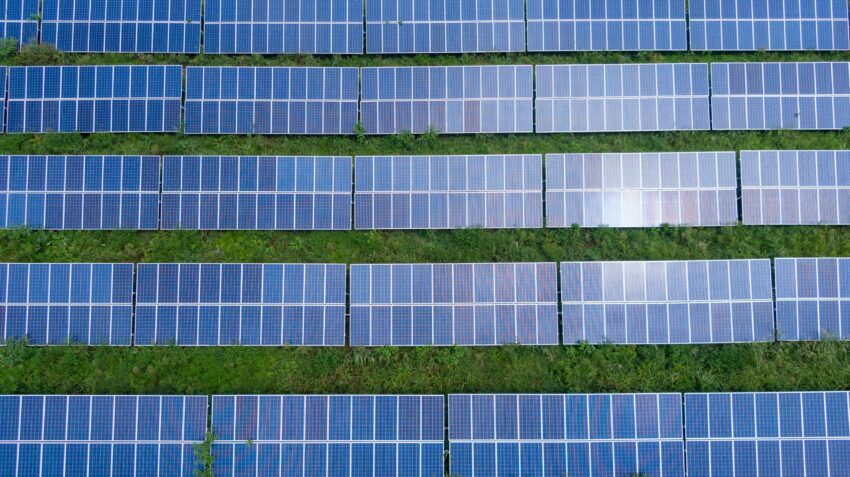Solar energy is a renewable and clean source of electricity that is becoming increasingly popular as a means of generating power. However, like any new technology, there are a number of myths and misconceptions surrounding solar energy that can be misleading and confusing for those considering making the switch. In this blog, we will address some of the most common solar energy myths and provide accurate information to help clear up any confusion.
Myth 1: Solar panels are not efficient enough to be a viable energy source.
Fact: While it is true that solar panels are not capable of converting 100% of the sunlight they absorb into electricity, they are still very efficient. Modern solar panels have an efficiency rating of around 20%, which means that they can convert around 20% of the sunlight they absorb into electricity. This may not seem like a lot, but when you consider that the sun is a constant source of energy and that solar panels can generate electricity even on cloudy days, it becomes clear that solar panels are a viable and reliable source of energy.
Myth 2: Solar panels are expensive and not cost-effective.
Fact: While it is true that the initial cost of installing solar panels can be high, the long-term cost savings are significant. Solar panels have no moving parts, so they require very little maintenance, and they can generate electricity for 25-30 years or more. This means that once you have installed solar panels, you can expect to save money on your electricity bills for decades to come. In addition, solar panels can increase the value of your home, which can make them a smart financial investment.
Myth 3: Solar energy is not reliable because it is dependent on the weather.
Fact: Solar panels can generate electricity even on cloudy days, and they are not affected by storms or other weather events. While it is true that solar panels will generate more electricity on sunny days, they are still capable of generating power when it is overcast or raining. In addition, most solar panel systems are connected to the grid, which means that they can draw on grid power when necessary. This helps to ensure that solar energy is a reliable and consistent source of electricity.

Myth 4: Solar energy is not environmentally friendly because it requires a lot of land and resources to build solar panels.
Fact: While it is true that solar panels do require some resources to manufacture, they are still a very environmentally friendly energy source. Solar panels do not produce any emissions or pollution, and they do not require any water to generate electricity. In addition, solar panels do not take up much land, and they can be installed on rooftops or other small spaces. This means that solar energy is a much more environmentally friendly option compared to fossil fuels, which produce emissions and pollution and require large amounts of land and water to extract and use.
Myth 5: Solar energy is only for homes and businesses.
Fact: Solar energy can be used to power homes, businesses, and communities of all sizes. In fact, solar energy is becoming increasingly popular as a means of generating electricity for large-scale projects such as utilities, factories, and power plants. Solar energy is also being used to power transportation, including electric vehicles and even airplanes. This shows that solar energy has the potential to be a versatile and reliable source of power for a wide range of applications.
In conclusion, solar energy is a renewable and clean source of electricity that is becoming increasingly popular as a means of generating power. While there are a number of myths and misconceptions surrounding solar energy, the facts show that it is a reliable, cost-effective, and environmentally friendly option for generating electricity.

